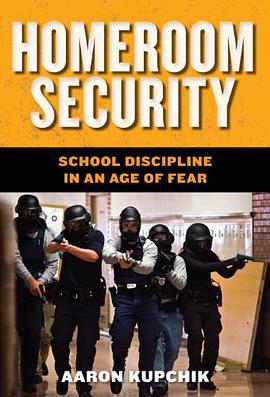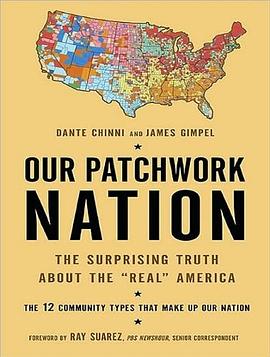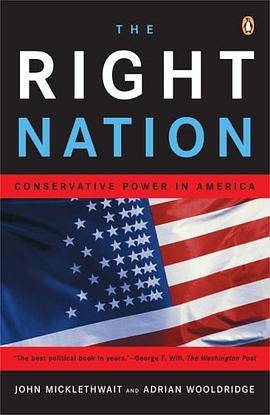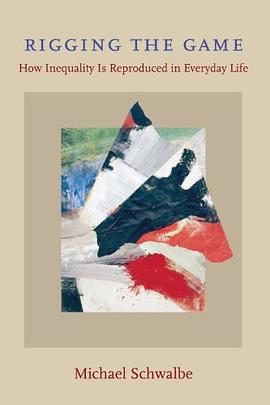

具體描述
Police officers, armed security guards, surveillance cameras, and metal detectors are common features of the disturbing new landscape at many of today's high schools. You will also find new and harsher disciplinary practices: zero-tolerance policies, random searches with drug-sniffing dogs, and mandatory suspensions, expulsions, and arrests, despite the fact that school crime and violence have been decreasing in the US for the past two decades. While most educators, students, and parents accept these harsh policing and punishment strategies based on the assumption that they keep children safe, Aaron Kupchik argues that we need to think more carefully about how we protect and punish students. In Homeroom Security, Kupchik shows that these policies lead schools to prioritize the rules instead of students, so that students' real problems - often the very reasons for their misbehaviour - get ignored. Based on years of impressive field research, Kupchik demonstrates that the policies we have zealously adopted in schools across the country are the opposite of the strategies that are known to successfully reduce student misbehaviour and violence. As a result, contemporary school discipline is often unhelpful, and can be hurtful to students in ways likely to make schools more violent places. Furthermore, those students who are most at-risk of problems in schools and dropping out are the ones who are most affected by these counterproductive policies. Schools and students can and should be safe, and Homeroom Security offers real strategies for making them so.
著者簡介
圖書目錄
讀後感
評分
評分
評分
評分
用戶評價
相關圖書
本站所有內容均為互聯網搜索引擎提供的公開搜索信息,本站不存儲任何數據與內容,任何內容與數據均與本站無關,如有需要請聯繫相關搜索引擎包括但不限於百度,google,bing,sogou 等
© 2025 book.quotespace.org All Rights Reserved. 小美書屋 版权所有




















